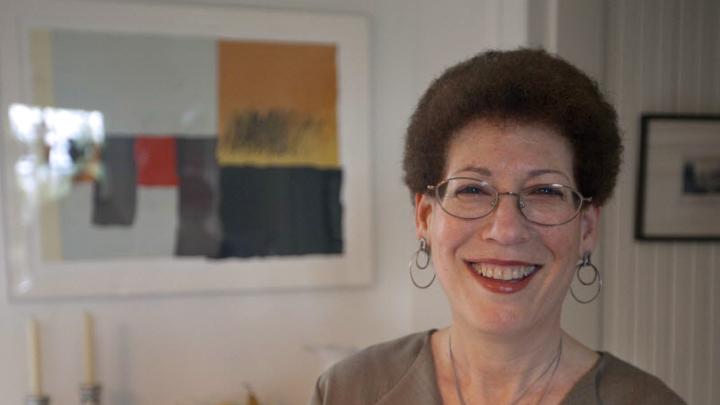Jones professor of American studies Lizabeth Cohen will become interim dean of the Radcliffe Institute for Advanced Study, starting July 1, President Drew Faust announced today.
Cohen specializes in twentieth-century American social and political history and American urban design and physical planning. Her books include Making a New Deal: Industrial Workers in Chicago, 1919-1939 and A Consumers' Republic: The Politics of Mass Consumption in Postwar America.
Since arriving at Harvard from New York University in 1997, Cohen has co-chaired a working group on pedagogy for a review of undergraduate education and co-chaired a University steering committee to explore making better use of common spaces on campus. (One example of the group's recommendations: the chairs that now fill Harvard Yard during nice weather.)
Cohen is a longtime member of the Faculty of Arts and Sciences Standing Committee on the Status of Women. She was a Radcliffe Fellow during the 2001-02 academic year.
The Radcliffe Institute's current dean, Barbara Grosz, Higgins professor of natural sciences, announced earlier this month that she would step down at the end of the academic year.








